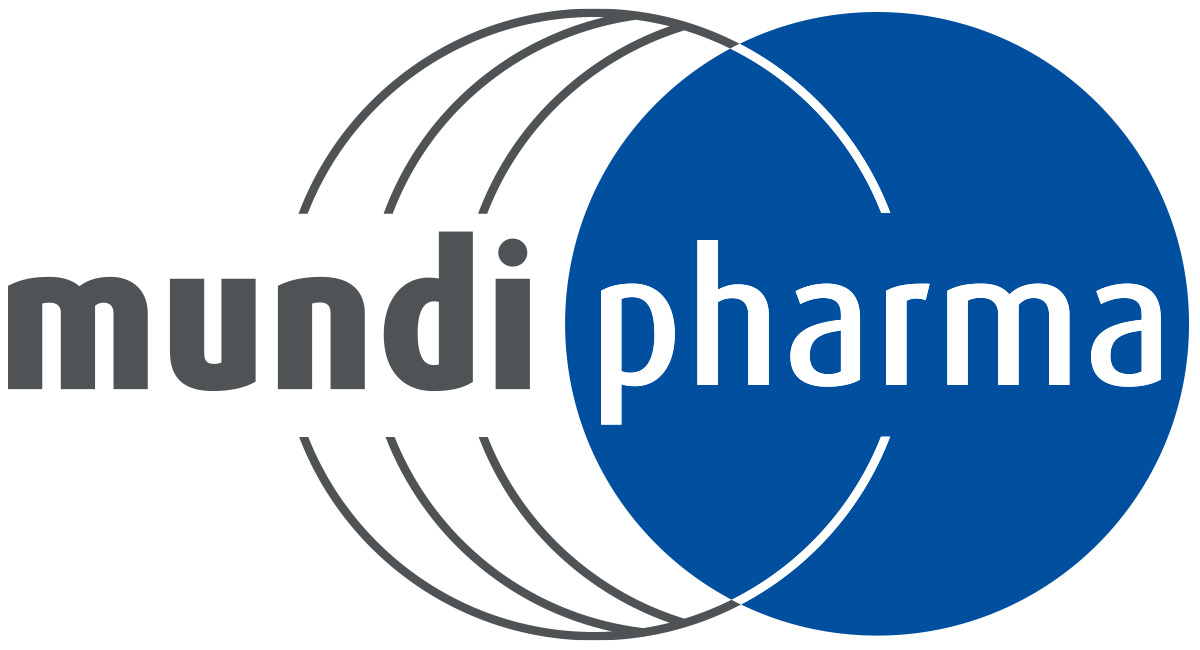Being asked to contribute to Mundipharma’s 2022 Pride celebrations made me sit back and think on my own evolving association with Pride and acceptance of myself.
I grew up in South Africa when homosexuality was a criminal offence punishable by up to seven years in prison. In 1994, South Africa's post-apartheid constitution became one of the first in the world to outlaw discrimination based on sexual orientation. However, in my early years, I disassociated myself from Pride. Not being out, any affiliation with or acknowledgment of Pride would be admitting to others, but particularly myself, that I was not on the “straight and narrow” so to speak. At university, Pride was a party. A time to drink, dance and … you get the picture!
I now live in the Netherlands, one of the most progressive countries in the world when it comes to LGBTQ+ rights. A survey in 2019 showed that 97% of Dutch people believed that gay and bisexual people should enjoy the same rights as heterosexual people with 92% supporting same-sex marriage (which was legalized in 2001).1 Is Pride then still relevant, at least in countries such as the Netherlands? More than ever! Even in a country like the Netherlands, 11.4% of LGBTQ+ youth were confronted with online bullying and harassment in 2018.2 This was more than twice as often as heterosexual young people. A survey in 2020 showed that LGBTQ+ young people were three times as likely to be homeless than young heterosexual people.3 Furthermore, Mundipharma operates in a number of countries where LGBTQ+ people have limited or highly restrictive rights, face hostility and/or face imprisonment or death for being who they are. Even in countries where these rights are now enshrined, constant vigilance is required to ensure full equality is achieved and that there is no erosion of the hard-won rights we already have. There are ongoing discussions over issues such as gender identity, parental rights and conversion therapy and even within the LGBTQ+ community itself on issues such as racism.
So what does Pride have to do with work? I’ve always been one for keeping my private life and work separate. This was mainly out of fear of people judging me or being sidelined by my employer. But working at a company such as Mundipharma, where I spent a good deal of my life and have created friendships with some amazing co-workers, I’ve come to realize that being true to who I am is important.
Pride is an important conduit in this regard. It allows for honest dialogue, education and an opportunity to break some of the stereotypes we all have. This makes us better employees and strengthens the relationships with each another. It also allows those questioning who they are to feel that there is support for them if and when they want to come out. Employers such as Mundipharma play an important role in fostering this by celebrating Pride.
Inroads have already been made following the first celebration in 2021. This is evidenced by the Great Place to Work survey conducted in late 2021 wherein 93% of surveyed employees felt that they were treated fairly regardless of their sexual orientation.
I look forward to continuing the (P)ride with Mundipharma and building on my authentic self.
Alistair Soley, Compliance Officer, Mundipharma
References
1. Eurobarometer on Discrimination 2019: The social acceptance of LGBTI people in the EU. TNS. European Commission. p. 2. Archived from the original on 16 February 2020. Retrieved 23 September 2019.
2. Meisjes vaker dan jongens last van online stalken of laster. CBS (in Dutch). 10 January 2020. Archived from the original on 25 April 2021. Retrieved 25 April 2021.
3. Dak- en thuisloze LHBTI- jongeren zijn driedubbel kwetsbaar. COC (in Dutch). 18 June 2020. Archived from the original on 25 April 2021. Retrieved 25 April 2021.

